Now that the Disney buyout of 20th Century Fox has officially been approved, with the company’s shareholders meeting to finalize the deal at the end of the month, we’re getting ever closer to the X-Men coming home to Marvel Studios. Fans have theorized a lot about how the characters can be folded into the established universe of the MCU, but this new Marvel comic might have come up with a clever way we hadn’t thought of yet.
In Astonishing X-Men #13 from writer Matthew Rosenberg and artists Oscar Bazaldua and Greg Land, one scene features Havok visiting his old pal Beast at his job as a professor at Harvard. As such, we get a snippet of his lecture to his students about mutant biology, and in the process learn something new about how the X-Gene manifests.
One of Beast’s students says it’s speculated that the genetic mutation that causes mutants in the Marvel universe is “bacterial based.” Now, in X-Men lore, the origins of mutantkind are tied into biological experiments the Celestials did on early humans millennia ago. Presumably, this revelation fits in with that established fact, meaning that the Celestials’ experiments apparently saw them release a bacterial phage which introduced the X-Gene into humanity’s DNA.
So, how could this affect the MCU? Well, it’s worth mentioning that the Celestials have already been introduced into the franchise in the Guardians of the Galaxy films – in particular, Kurt Russell’s Ego in Vol. 2. They’re believed to be extinct, but some of them could be revealed to have survived in Phase Four. Once returned, they could then trigger the bacterial phage they planted in humanity’s genes long ago, thereby bringing on the dawn of mutants.
It’s likely that this intriguing extra detail about the X-Men was just a throwaway fact added in by Rosenberg, but it’s also possible that the writer intends to pick it up in future issues and explore the concept. Could it go on to feed into Marvel Studios’ plans for the X-Men, though? At this stage, even Kevin Feige probably doesn’t know.



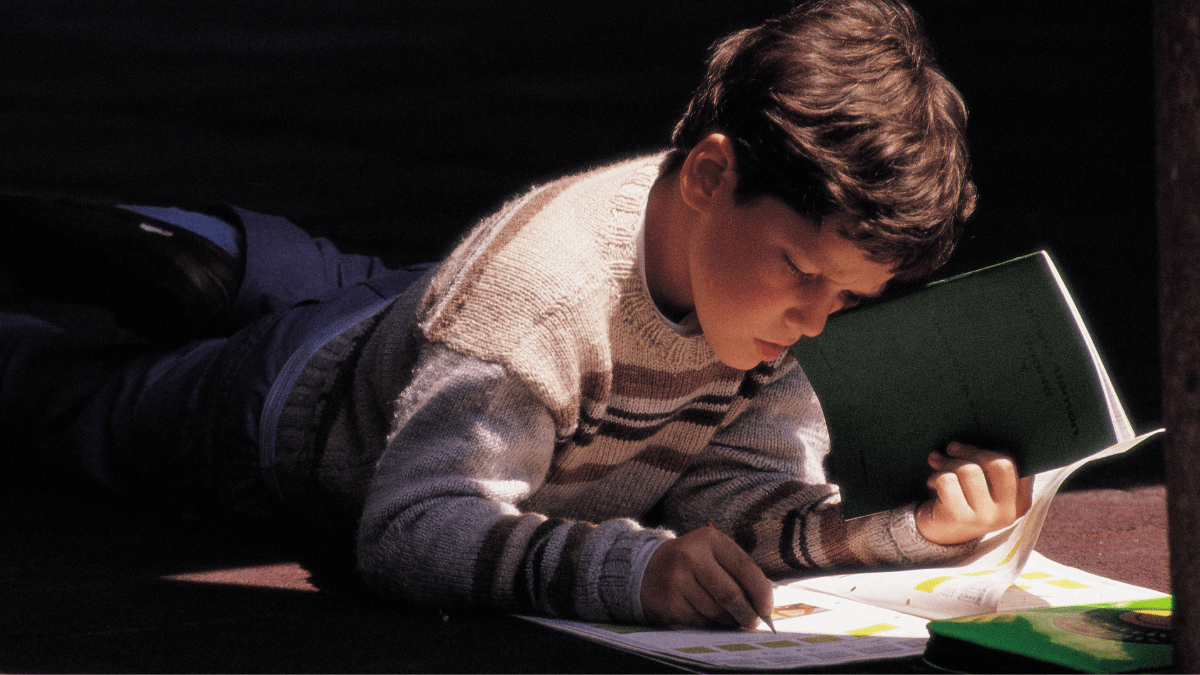
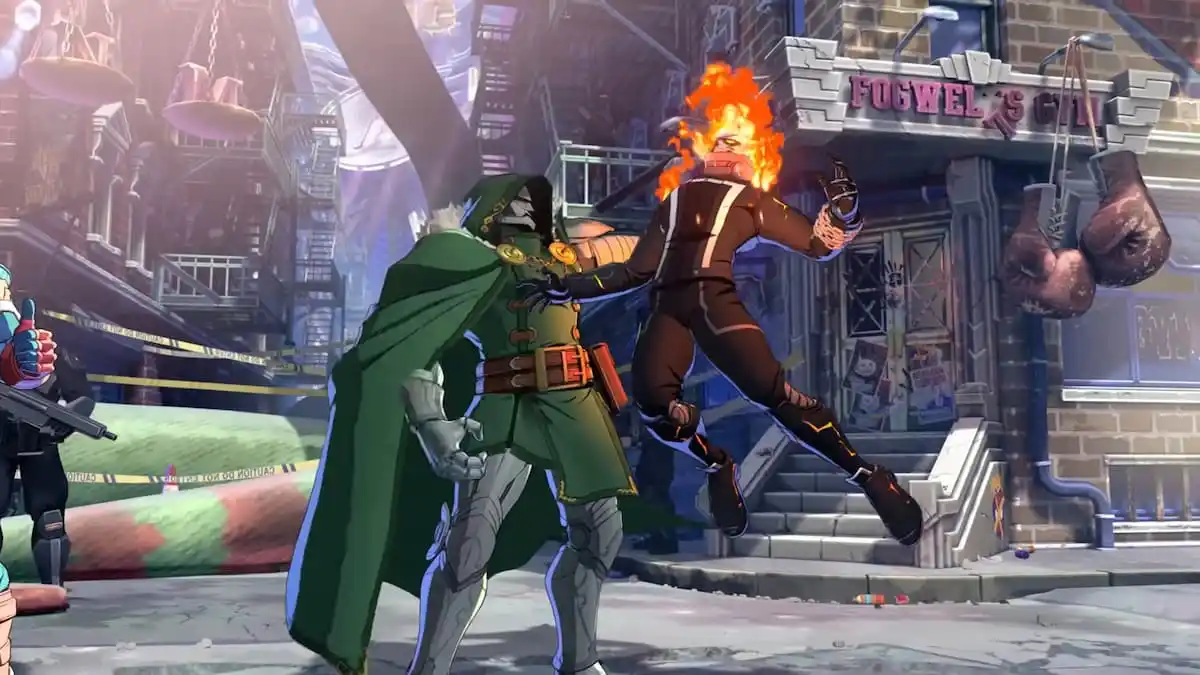
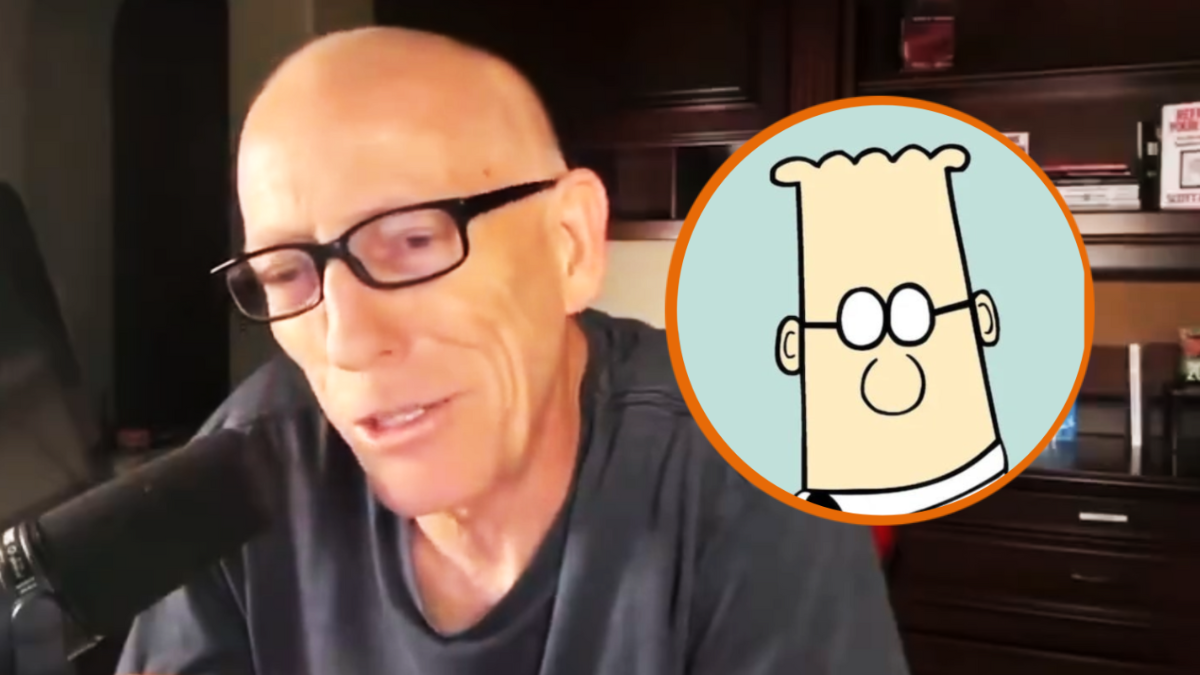

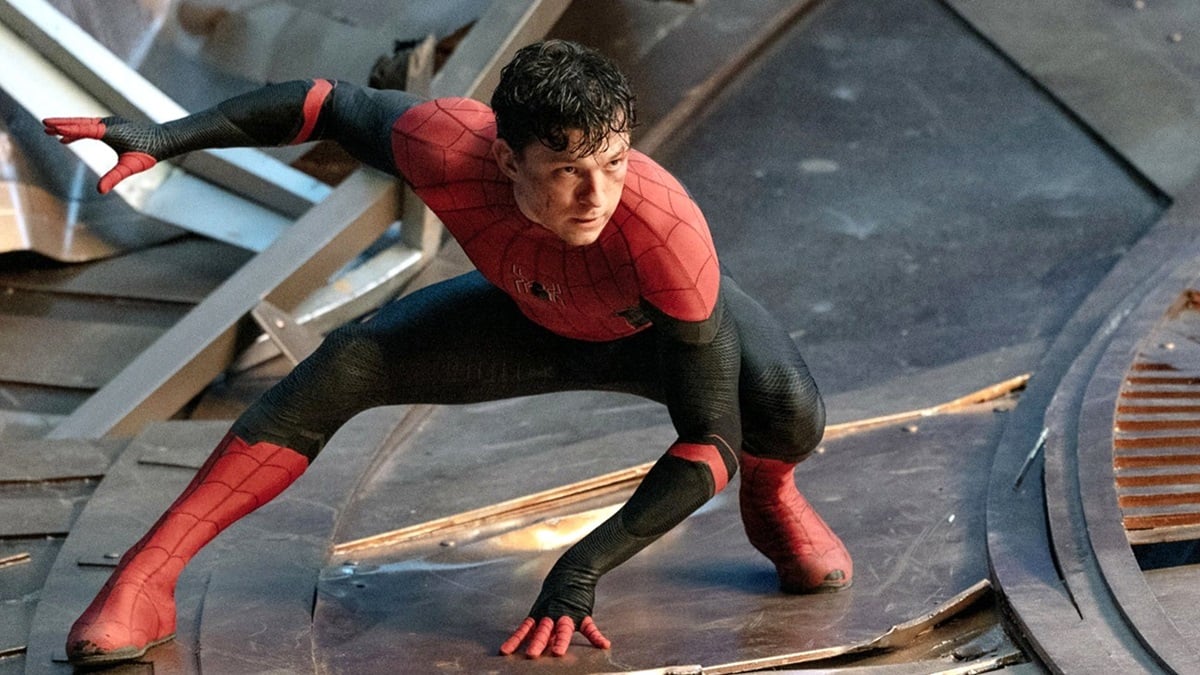
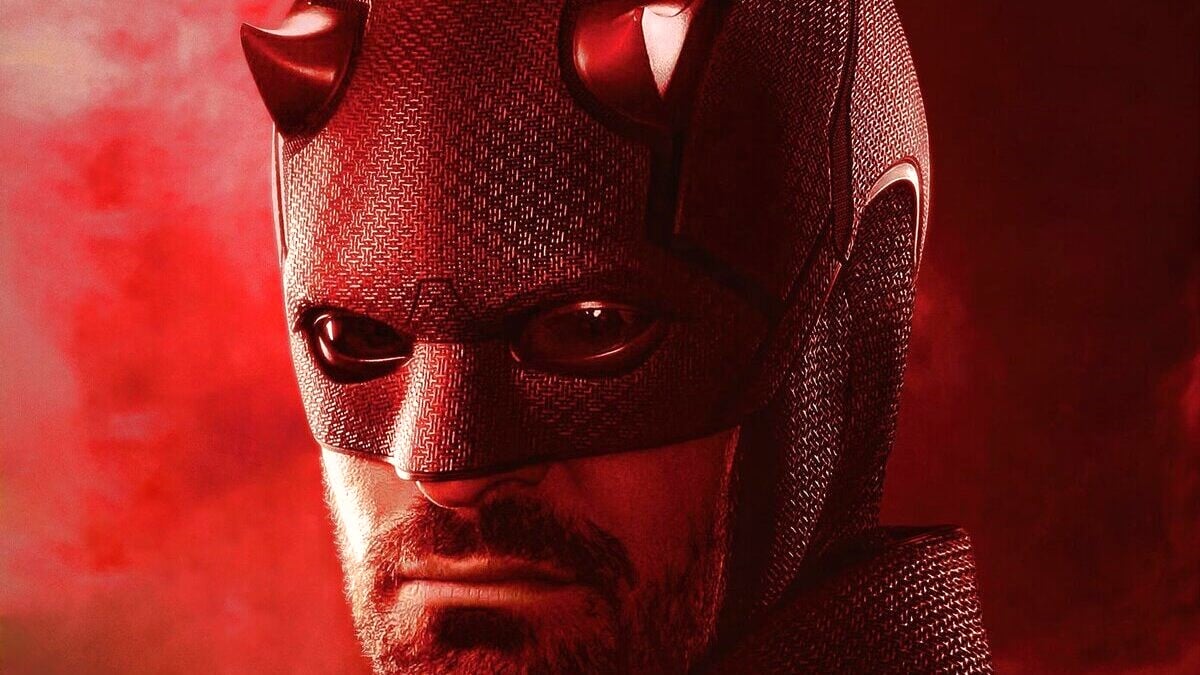
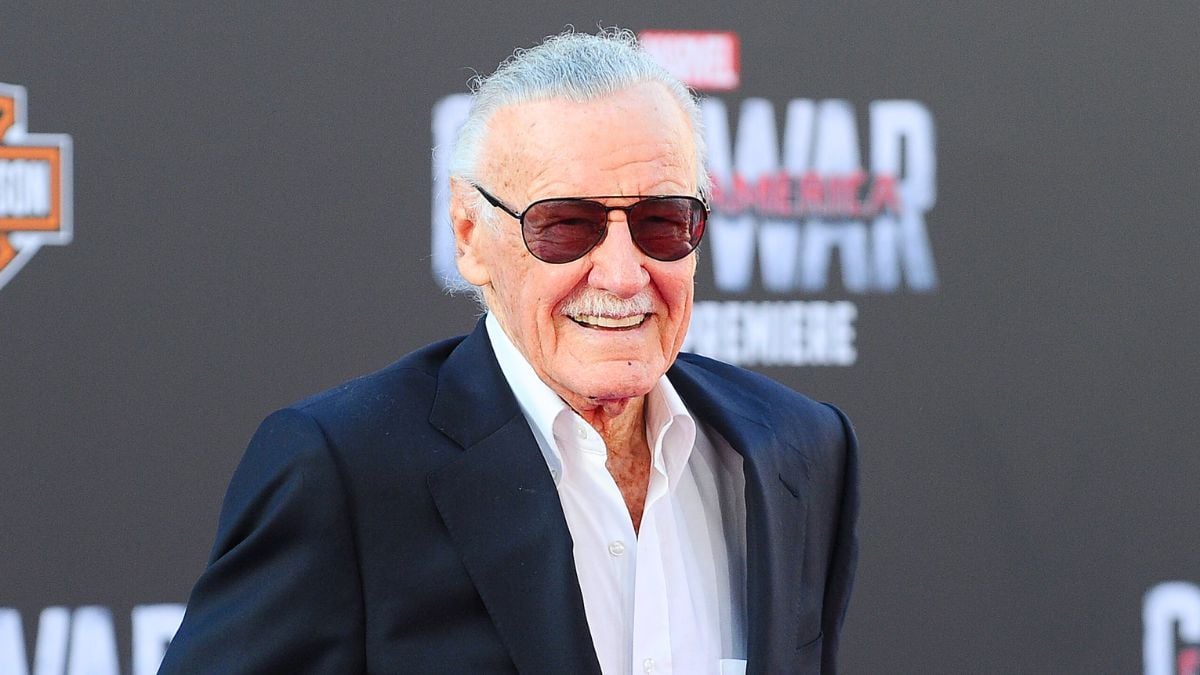
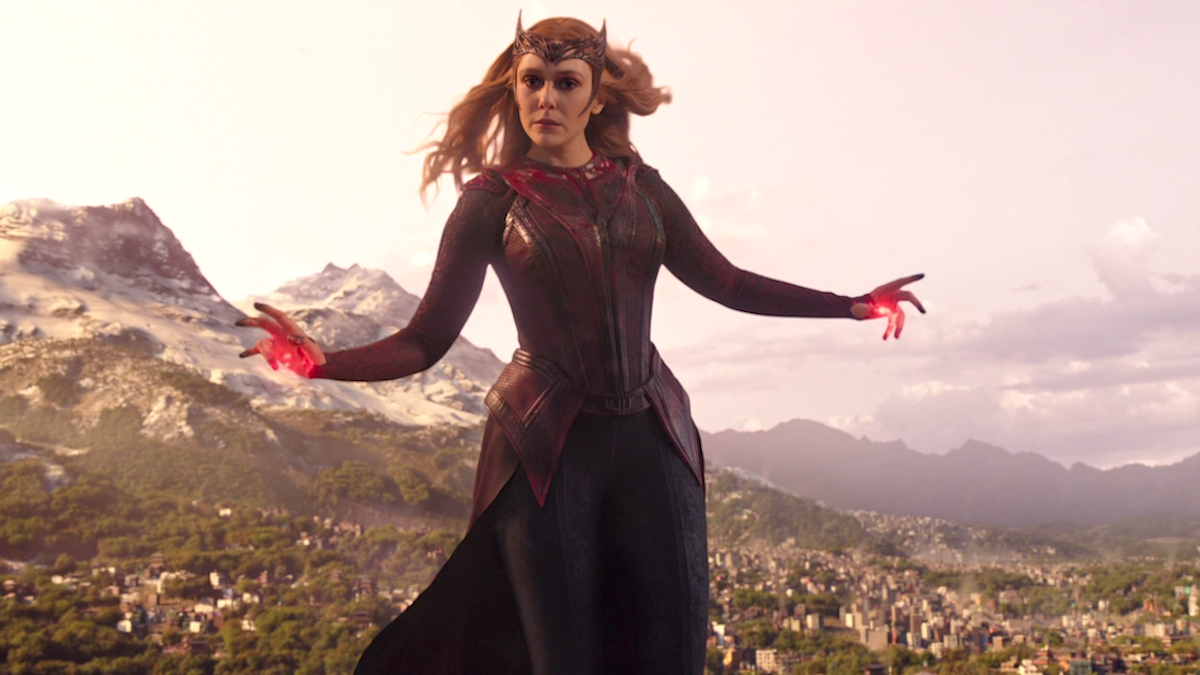
Published: Jul 7, 2018 03:24 pm